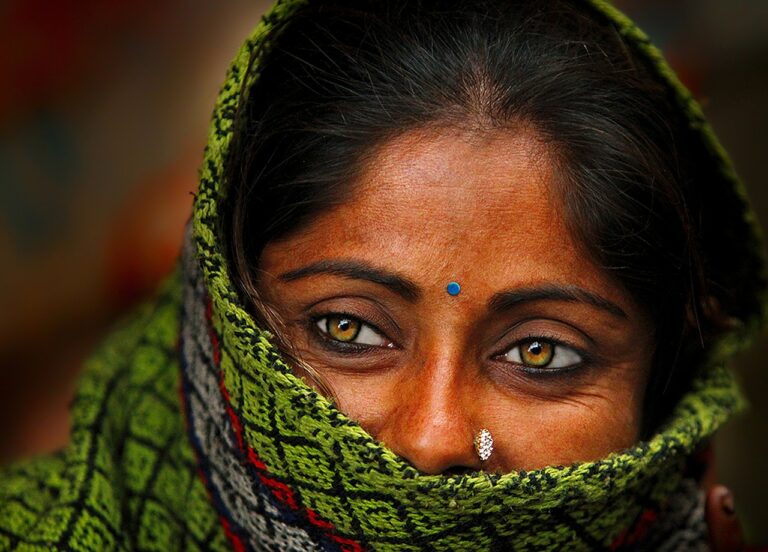The Impact of Humanitarian Policies on Elections: 11xplay online, Indiabet24, Skyfairvip
11xplay online, indiabet24, skyfairvip: Humanitarian Policies have a significant impact on elections, often influencing voters’ decisions and shaping political landscapes. These policies can range from addressing issues such as poverty, healthcare, education, and human rights, among others. In this article, we will explore how these policies can affect elections and why they are essential for the democratic process.
The Role of Humanitarian Policies in Elections:
1. Addressing Social Issues: Humanitarian policies aim to address crucial social issues, such as poverty and inequality, which can sway voters’ opinions. Candidates who are seen as championing these policies are more likely to garner support from the electorate.
2. Creating Awareness: By highlighting humanitarian issues, candidates can raise awareness among voters, encouraging them to engage with these critical issues and consider them when casting their votes.
3. Building Trust: Candidates who advocate for humanitarian policies demonstrate their commitment to the well-being of their citizens, which can help build trust with voters and enhance their chances of winning elections.
4. Mobilizing Support: Humanitarian policies can also help mobilize support from various groups, including marginalized communities and NGOs, who may rally behind candidates who prioritize these issues.
5. Differentiating Candidates: In a crowded field of candidates, those who prioritize humanitarian policies can differentiate themselves from their opponents, attracting voters who are passionate about these issues.
6. Long-term Impact: Implementing humanitarian policies can have a long-term impact on society, leading to positive changes that may resonate with voters during future elections.
Challenges of Implementing Humanitarian Policies:
1. Budget Constraints: Implementing humanitarian policies may require significant financial resources, which can be a challenge for governments, particularly in developing countries.
2. Resistance from Interest Groups: Some interest groups may oppose humanitarian policies that threaten their vested interests, making it difficult for candidates to implement these policies.
3. Lack of Political Will: Candidates may lack the political will to prioritize humanitarian policies over other issues that may be more politically expedient.
4. Complexity of Issues: Humanitarian issues are often complex and intertwined, requiring comprehensive solutions that go beyond simple policy interventions.
5. Public Perception: Candidates who focus solely on humanitarian policies may be perceived as one-dimensional or lacking in other areas, which could affect their overall electability.
6. Implementation Challenges: Even if candidates are elected on a platform of humanitarian policies, they may face challenges in implementing these policies once in office, which can be a barrier to their success.
FAQs:
1. How can voters ensure that candidates prioritize humanitarian policies?
Voters can research candidates’ platforms and track records to see if they have a history of prioritizing humanitarian issues. They can also engage with candidates directly during debates and campaign events to gauge their commitment to these policies.
2. What can governments do to overcome challenges in implementing humanitarian policies?
Governments can work with international organizations, NGOs, and other stakeholders to mobilize resources and expertise to address humanitarian issues. They can also engage in dialogue with interest groups to find common ground and build consensus on policy solutions.
In conclusion, humanitarian policies play a crucial role in elections, shaping voter preferences and influencing political outcomes. Candidates who prioritize these policies demonstrate their commitment to the well-being of their citizens, which can help build trust and mobilize support. While there are challenges in implementing humanitarian policies, their long-term impact on society makes them essential for a healthy democratic process.







